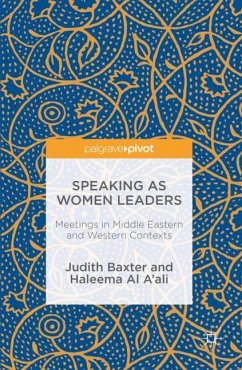
Yiddish and Power
Versandkostenfrei!
Versandfertig in 6-10 Tagen
38,99 €
inkl. MwSt.
Weitere Ausgaben:

PAYBACK Punkte
19 °P sammeln!
Yiddish and Power surveys the social, linguistic and intellectual history of the Yiddish language within the traditional civilisation of Jewish Ashkenaz in central, and then in eastern Europe, and its interaction with the surrounding non-Jewish culture. It explores the various ways in which Yiddish has empowered masses and served political agendas.












